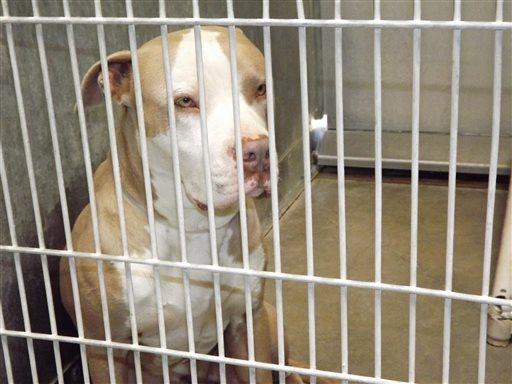Recent revisions to a California bill to outlaw blanket pet bans by property owners added protections for mom-and-pop landlords, or those with buildings where there are 15 units or fewer, before the bill cleared the Assembly floor.
According to the bill’s author, pet restrictions in California limit available housing but also contribute to pets being surrendered to shelters.





